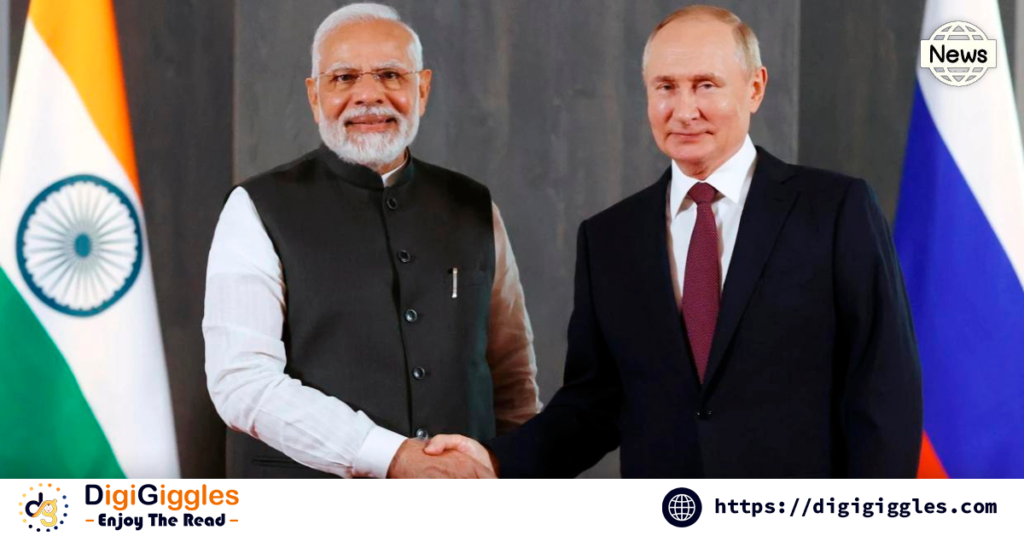
In a significant diplomatic move, Indian Prime Minister Narendra Modi is preparing to visit Ukraine for the first time since Russia’s invasion of the country, marking a pivotal moment in India’s foreign policy. This visit, which holds global implications, is expected to underline India’s stance on the ongoing conflict, particularly its emphasis on peaceful resolution and respect for territorial sovereignty.
A Strategic Diplomatic Initiative
Prime Minister Modi’s visit to Ukraine comes at a time when the world is keenly watching the developments in Eastern Europe. The war, which began in February 2022, has had far-reaching consequences, impacting global energy supplies, food security, and geopolitical alliances. Modi’s trip signals India’s intention to engage more directly with the crisis, potentially playing a role in mediating peace or at least bringing humanitarian aid to the forefront of the discussion. India has maintained a delicate balance throughout the conflict, urging both Russia and Ukraine to pursue dialogue while refraining from taking sides. The visit to Ukraine is seen as an extension of this balanced approach, with Modi likely to call for an immediate cessation of hostilities and renewed efforts for peace talks. His trip could also be aimed at reinforcing India’s position as a global player capable of contributing to conflict resolution on the international stage.
The Significance of the Visit
This visit holds considerable importance, not just for the geopolitical landscape but also for India’s relations with the West. The United States, European Union, and other Western allies have been closely monitoring India’s response to the conflict. While India has refrained from condemning Russia outright, citing long-standing ties and dependence on Russian military supplies, it has also expressed concern over the humanitarian impact of the war. Modi’s presence in Ukraine could be viewed as an attempt to balance these competing interests. By visiting Ukraine, he signals India’s empathy for the Ukrainian people and its concern for international norms, without entirely alienating Russia. This delicate diplomatic dance reflects India’s broader foreign policy strategy of maintaining strategic autonomy and avoiding entanglement in polarized global conflicts.
Expected Outcomes
During the visit, Modi is expected to meet with Ukrainian President Volodymyr Zelensky and other top officials. Discussions are likely to focus on the current state of the war, potential avenues for peace, and India’s role in post-conflict reconstruction. Modi may also announce additional humanitarian aid packages, as India has already sent several shipments of medical supplies and food aid to Ukraine.
Furthermore, the visit could open new channels of communication between India and Western nations, potentially leading to increased cooperation in areas like energy security and defense. India’s stance on the conflict, and its willingness to engage directly with both Russia and Ukraine, may also influence its relationships within multilateral forums such as the United Nations. Prime Minister Narendra Modi’s upcoming visit to Ukraine is poised to be a historic moment in India’s diplomatic history. As the conflict continues to shape global politics, India’s role in advocating for peace and stability will be closely watched. This visit underscores India’s commitment to a balanced foreign policy, one that seeks to navigate the complexities of global conflicts while upholding its national interests and promoting peace.